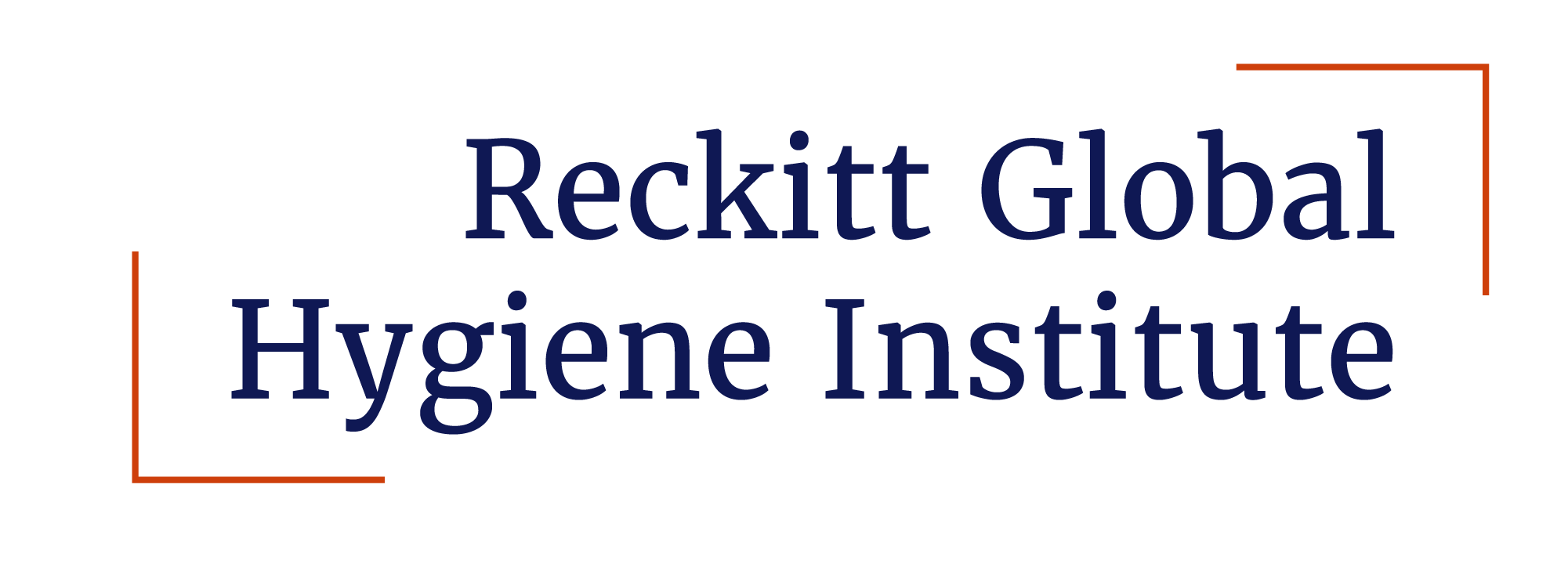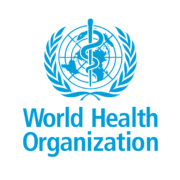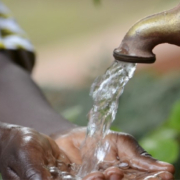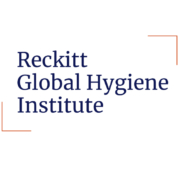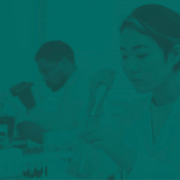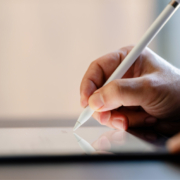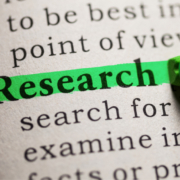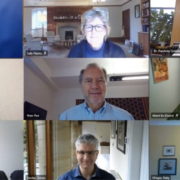Hygiene experts urge global health community to wake up to the value of hygiene ahead of World Health Assembly
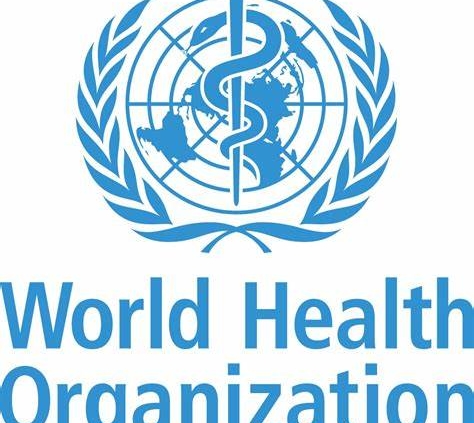
The World Health Assembly taking place May 21st to 30th is an international moment to reflect and advance the global health agenda, which must include hygiene
This month world leaders will convene for the 76th World Health Assembly in Geneva, Switzerland; an annual event that hygiene experts say has thus far failed to adequately include and address hygiene.
“That must change,” said Dave Wheeler, Executive Director at the Reckitt Global Hygiene Institute. “After a global pandemic and amid breakouts of numerous other infectious diseases, world leaders should be valuing and investing in hygiene and sanitation measures in unprecedented ways. That’s not yet happening and so we’re calling for those attending the World Health Assembly to take stock of reality and take action in ways that matter.”
The World Health Assembly is the decision-making body of the World Health Organization and aims, over May 21st to 30th, to see new action plans adopted, finances proposed and reviewed, and key public health issues discussed.
As it stands, the world is currently experiencing a multitude of health threats that include new and emerging diseases – such as Marburg and new strains of COVID-19 – as well as existing threats – such as cholera, diphtheria and Ebola. While these diseases may not necessarily be caused by poor hygiene standards, improved hygiene practices could go a long way in keeping case numbers low and preventing the spread, said Dave Wheeler.
For example, research has shown that handwashing with soap after going to the toilet and before eating and handling food can reduce the risk of diarrheal diseases significantly.
“Hand hygiene isn’t new or flashy and may not sound like the most innovative or appealing area for investment, but we know that this is an intervention that works when it comes to saving lives,” continued Wheeler. “The problem is that that understanding hasn’t reached everyone everywhere and is compounded by the fact that oftentimes people don’t have access to clean water and soap that would allow them to regularly wash their hands and environments. This is why we need increased investment in this area.”
Currently, 3 billion people don’t have access to handwashing facilities and 3 in 10 people don’t have what they need to wash their hands at home. The Joint Monitoring Programme report states that progress needs to quadruple if clean water and sanitation for all is to be achieved by 2030, as per the Sustainable Development Goals.
With that in mind, the RGHI is calling on those attending the World Health Assembly to make hygiene a priority on the agenda. “It’s baffling that after a global pandemic, world leaders aren’t paying more attention to such a simple solution,” said Dave Wheeler “We need more financing to install hygiene facilities as well as conduct more hygiene-related research and we need more action plans that target a lack of hygiene education.”
According to research by WaterAid, installing basic hygiene facilities in places where they’re currently missing could help to avoid over 6 billion cases of diarrhoea and 12 billion cases of helminths between 2021 and 2040.
Which places lack those basic facilities and why? How can those gaps be eliminated? How can last mile populations be reached with hand hygiene education? What are the most effective ways of changing community behaviour when it comes to hygiene? These are some of the questions RGHI believes should be discussed as part of a wider conversation on safeguarding global health.
“You cannot have world leaders sitting around a table, discussing health threats and how to protect against them without having hygiene front and centre of that conversation. We urge world leaders to turn their attention to this vital safeguarding measure and commit to investing into it as a very impactful way of preventing not just one disease, as a vaccine might, but a whole list of them.”
To support this and enable decision-makers to make more educated decisions, RGHI is funding a portfolio of hygiene research.
So far, RGHI has invested in research pertaining to the economic evaluation of handwashing interventions; unmet menstrual health and hygiene needs; and the effectiveness of community-led initiatives on hygiene practices and maintenance of handwashing facilities in low-income settings.
“Historically, we’ve lacked the data and evidence to know what’s missing when it comes to hygiene, what the most effective interventions are and how governments and organisations can best help. Our body of collective research aims to change that,” concluded Wheeler “We want to help those in power make better informed decisions that will protect public health. Investing in hygiene is one massive step in that direction.”
